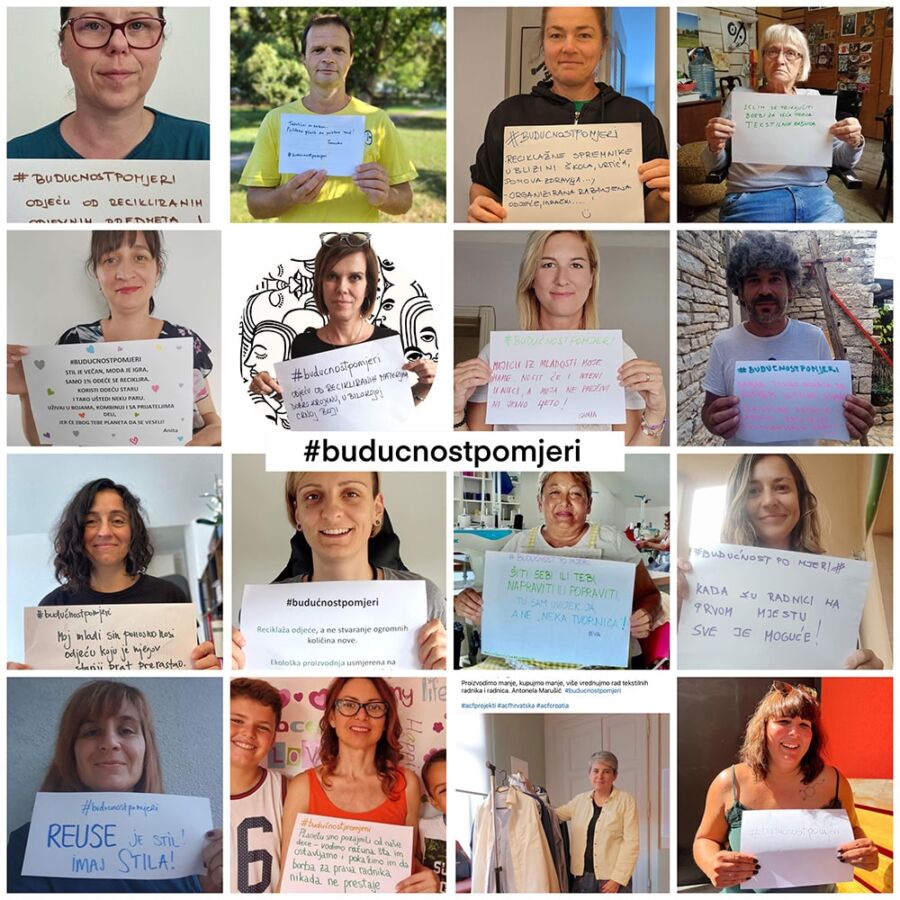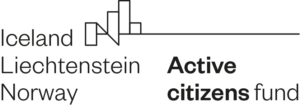“Made to Measure” – A Project Restoring Dignity to Textile Workers and Industry
Posted 15.11.2023.
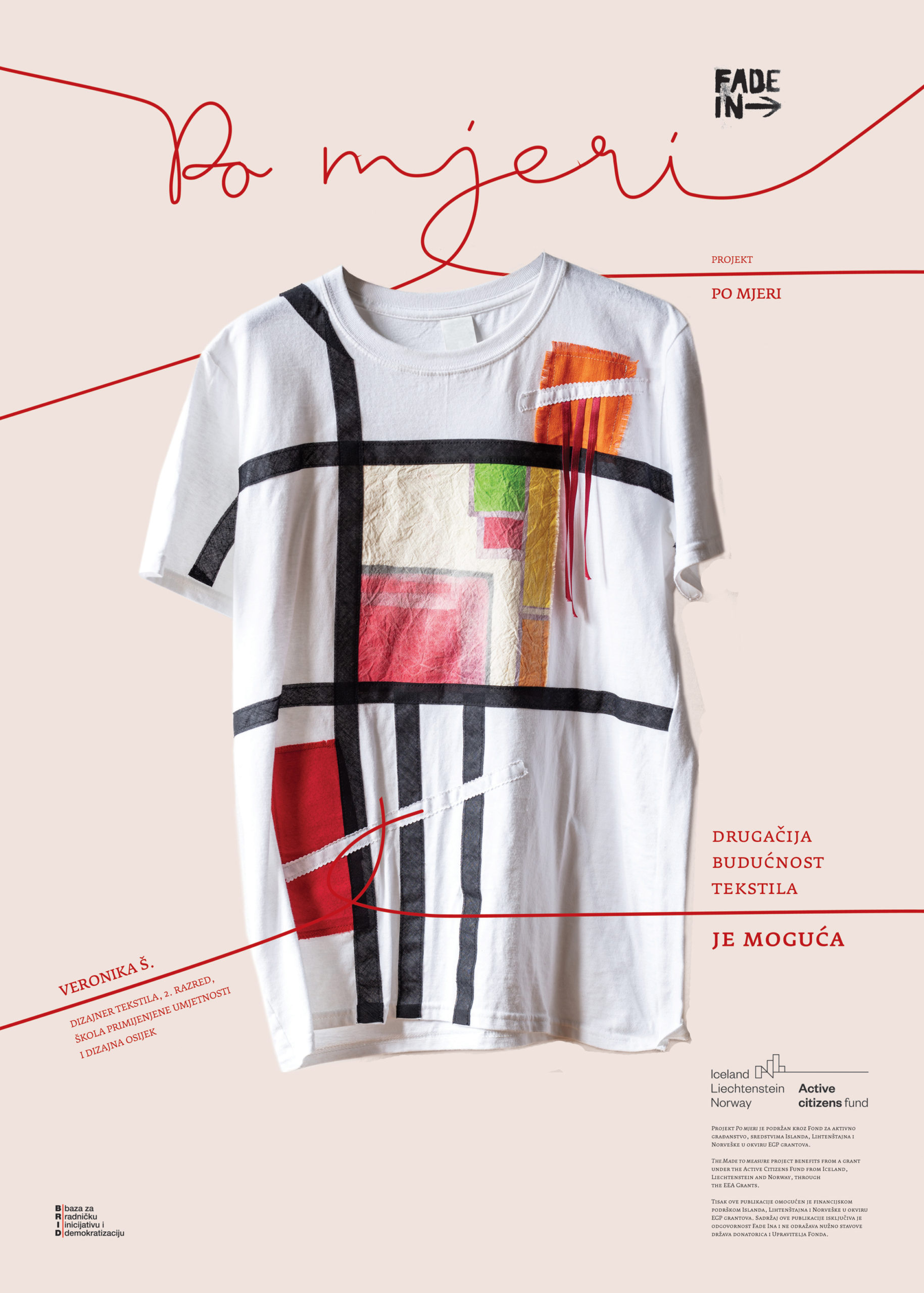
Textile Industry Then and Now: From Pride to Struggle for Survival
The “Made to Measure” project sheds light on one of Croatia’s most neglected yet once-thriving industries – the textile industry. Once a pillar of industrial development, employing thousands of workers, today textile production in Croatia has dwindled to just over 12,000 employees, 89% of whom are women. The sector’s wages often fall below the poverty line, and working conditions are far from dignified.
Through research, a mobile exhibition, a living library, and a series of educational activities, the “Made to Measure” project funded through Active Citizens Fund in Croatia not only documents the stories of textile workers but also asks a crucial question – is a different future possible for Croatia’s textile industry?
Osijek – A City of Textile Industry Searching for a New Future
Osijek was once a key hub for textile production. Factories such as IMK Slavonija, TEKOS, Svilana, LIO, and Mara employed thousands of workers. However, over time, these companies vanished from the industrial map, their sites replaced by shopping centers, while textile production was reduced to small workshops and low-cost outsourcing for foreign contractors.
Bojan Nonković from BRID (Base for Workers’ Initiative and Democratization), one of the project partners, highlighted the drastic changes in the industry:
“People mainly remember the collapse of the industry, layoffs, and privatization. Today, the situation is completely different – the textile industry in Osijek has nearly disappeared. Moreover, wages are low, and there is no collective agreement.”
The research conducted as part of the project revealed a severe shortage of skilled workers and the gradual loss of expertise, as young people show little interest in pursuing careers in the industry. Furthermore, the study emphasized that female textile workers are among the most disadvantaged labor groups, facing low wages, job insecurity, and challenging working conditions.
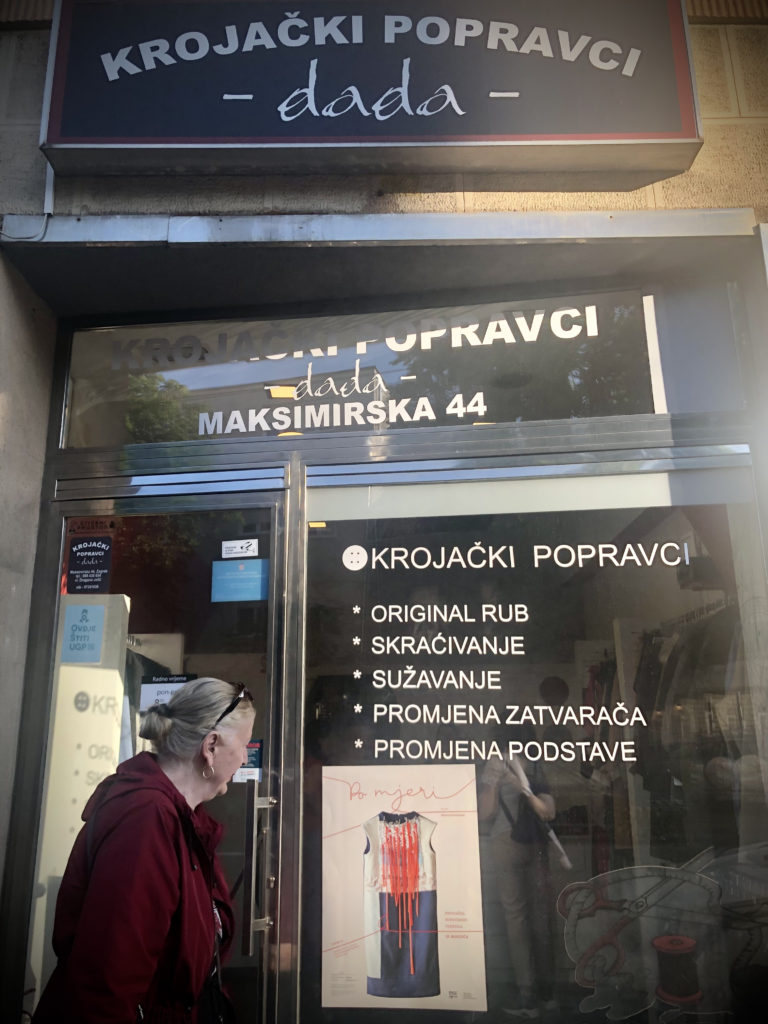
Personal Stories of Workers – Testimonies from the Past and a Call to Action
One of the most valuable aspects of the project is the collection of personal stories from textile workers, documented through the “Museum of Personal Stories”. These women share their experiences in the industry, the hardships of transition, and how they adapted to new circumstances. Their narratives are presented through photographs, video interviews, and interactive exhibitions, and are also available online on the Museum of Personal Stories platform.
Morana Ikić Komljenović, project leader of “Made to Measure,” emphasized the importance of preserving these stories: “Giving voice to these workers is not only about acknowledging their hard work but also about reminding the public of the importance of ensuring fair and dignified working conditions for all. Through conversations with these women, we discovered how much they valued their profession, yet at the same time, how undervalued and underpaid their work was.”
Suzana Agotić, a member of the project team, pointed out that many textile workers, after factory closures, were left to fend for themselves: “Some never found work in the profession again. Some were employed in small private workshops, while others tried to start their own tailoring businesses. However, many women never received severance pay or their outstanding wages, which only made their situation even more difficult.”
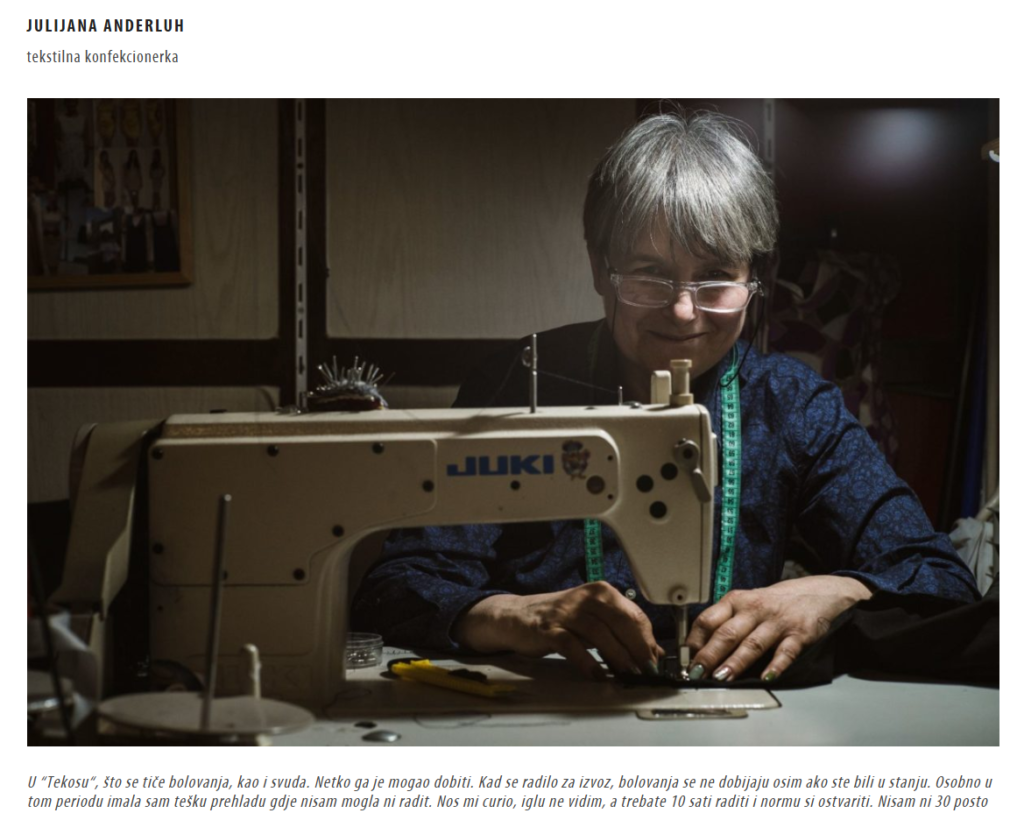
Can Things Change? Key Recommendations for the Future
As part of the project, a set of recommendations was developed and presented to Croatian parliamentary representatives. The key recommendations include:
- Increasing the minimum wage in the textile industry – as current wages do not allow for a dignified life.
- Introducing a collective agreement – since textile workers in Croatia lack nationally regulated working conditions.
- Modernizing vocational education – to make textile-related professions more appealing to young people.
- Providing incentives for small businesses and independent workshops – to encourage sustainable local textile production.
The project also highlights the importance of connecting the textile industry with local designers and adopting sustainable and eco-friendly production practices.
What’s Next? A Different Textile Industry is Possible!
The “Made to Measure” project does not stop at research and documenting the past – it opens up a conversation about the future of the industry. The project team firmly believes that there is room for innovation and a new approach to Croatia’s textile industry.
Suzana Agotić concludes: “We believe in a different textile industry – one that ensures fair wages, invests in education and technology, and fosters local production. But for this to happen, we need systemic support and a shift in mindset.”
Although Croatia’s textile industry may never regain the strength it had 40 or 50 years ago, initiatives like “Made to Measure” prove that its importance and potential for reinvention are still very much alive. A textile industry tailored to the needs of workers is not just a dream – it’s a goal worth fighting for.
